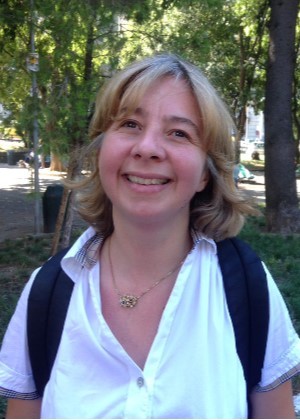IAS Fellows' Seminar - De-urbanising rural spaces: the words we use and the interpretation of the past
As an archaeologist specialising in the study of rural spaces, when, during the PhD course, I met historical ecology and social micro-history, I started a path that brought me to deeply redefine my gaze at the investigation of rural spaces. It was a path of acquisition of new skills (theoretical and not only practical) that transformed my way to observe the spaces around me and also the questions that drive my research, and the way to reconstruct the past.
/prod01/prodbucket01/media/durham-university/research-/research-institutes/institute-of-advanced-study/43484-3-930X350.jpg)
External view of Institute of Advanced Study
I needed various years to understand how to use in my historical research the “vegetal” evidences of past managements and how to build a true dialogue between archaeology and archival research.
I am interested in the possibility opened by the constant contamination between disciplines and approaches. With this IAS seminar I would like to discuss how the concepts we have in mind define the object of our research and the evidence we see in our sources. I would like to reflect on the way in which the words influence our interpretation of those evidences and our narratives. I will use an example as an introduction: exploring similarities and the different trajectories of two phenomena which share the same roots: the colonial perspective and the urban dominant consideration of rural areas. At present, the post-colonial perspective is well established in general in human science. On the contrary, the approach to rural areas is still heavily influenced by the physiographic theories of the 18th c., that informed rationalisation of the 19th c. and the modernisation of the 20th c. Many concepts and words used to decipher the rural spaces and societies (e.g. the opposition between cultivated/uncultivated lands, as well as public/private property, human impacts, etc.) find their codification in those 18th c. theories and still influence the consideration of rural areas, not only in archaeology and in the interpretation of our past, but also in the current processes and planning of mountain spaces.
Speakers

Dr Anna Stagno
IAS Fellow
Anna Maria Stagno is a post-medieval and rural archaeologist.


/prod01/prodbucket01/media/durham-university/research-/research-institutes/institute-of-advanced-study/43486-hero.jpg)